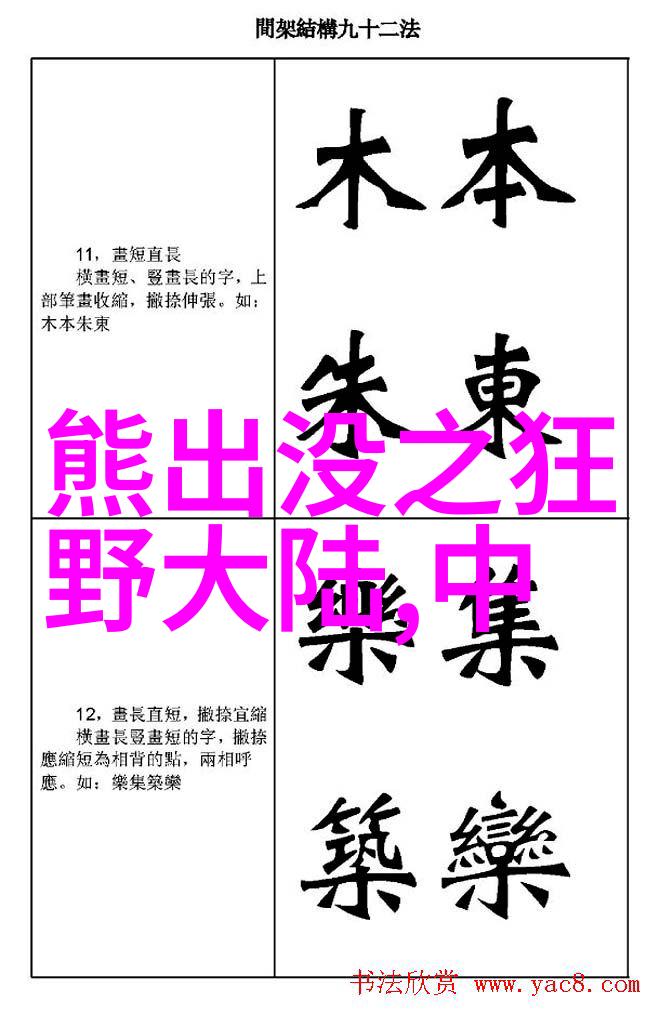Runway Revolution The Evolution of Fashion in the
Runway Revolution: The Evolution of Fashion in the Modern Era

The Rise of Sustainable Fashion
In recent years, the fashion industry has seen a significant shift towards sustainability. With growing concerns over climate change and environmental degradation, designers and brands are now prioritizing eco-friendly materials and production methods. This revolution is not just about saving the planet; it's also about creating high-quality, long-lasting clothing that appeals to consumers who value both style and substance.

Diversity on the Catwalk
Fashion shows have traditionally been criticized for their lack of diversity on the catwalk. However, with increasing pressure from social media campaigns such as #OscarsSoWhite and #MeToo, designers are now actively seeking out models from diverse backgrounds to showcase their designs. This shift towards inclusivity reflects a broader cultural movement towards greater acceptance and representation.

The Influence of Technology
Technology has had a profound impact on the fashion industry in recent years. From 3D printing to virtual reality, new technologies are allowing designers to create innovative textiles and designs that were previously impossible to produce by hand or machine. Additionally, e-commerce platforms have made it easier than ever for consumers to access global fashion trends without leaving their homes.

The Power of Social Media Influencers
Social media influencers have become an integral part of modern fashion culture. With millions of followers at their fingertips, these tastemakers can make or break a brand overnight with a single post or hashtag campaign. While some critics argue that influencer marketing lacks authenticity, many brands see it as an effective way to reach younger audiences who spend more time online than off.

Revolutionizing Traditional Business Models
Finally, traditional business models within the fashion industry are undergoing significant changes due to digital disruption and shifting consumer preferences for personalized shopping experiences based on data-driven insights rather than physical store visits alone.
In conclusion, while there is still much work left in terms of addressing issues like fast-fashion waste management (a topic we will explore further later), these five areas represent major shifts taking place across all aspects related directly or indirectly connected with runway revolution – sustainable practices adopted by leading companies worldwide; increased focus upon diversity reflected through various means such as catwalk appearances featuring underrepresented groups; advancements through technological innovations impacting design process itself; rise power among social media influencers affecting purchasing decisions amongst young adults today.
And lastly but not leastly how businesses themselves operate today compared before thanks largely digital transformation which has dramatically changed customer expectations regarding personalized service delivery via technology integration into daily routines.
As we continue navigating this ever-changing landscape together – whether you're working within specific niches mentioned above (or perhaps even venturing beyond) - understanding where things stand right now helps set stage better future possibilities emerging ahead!



